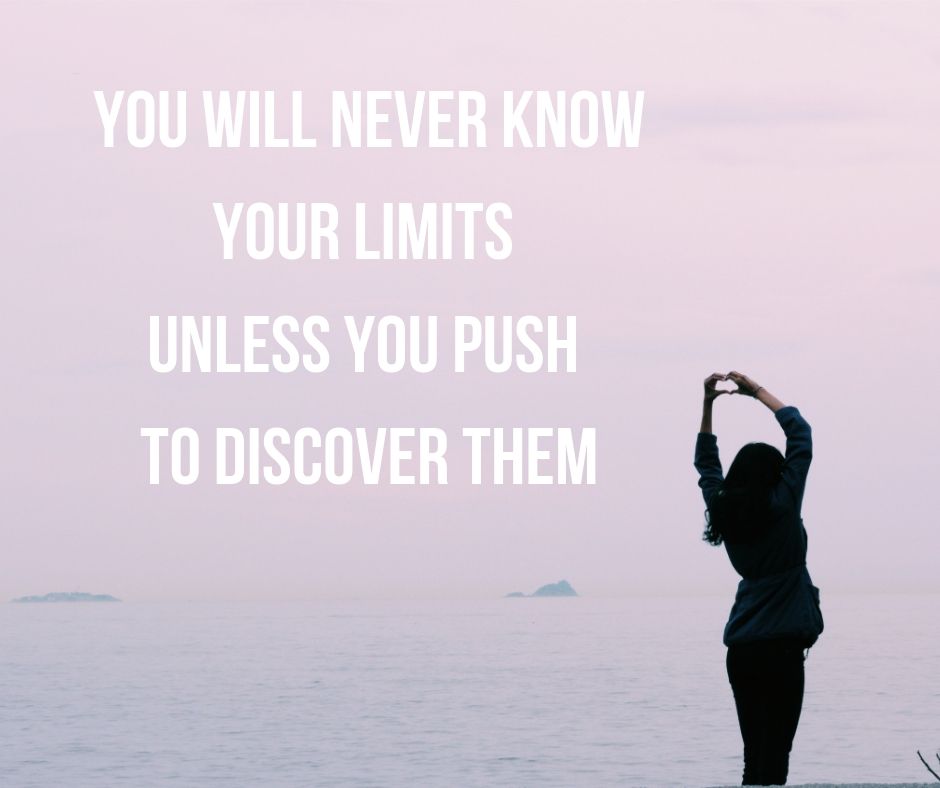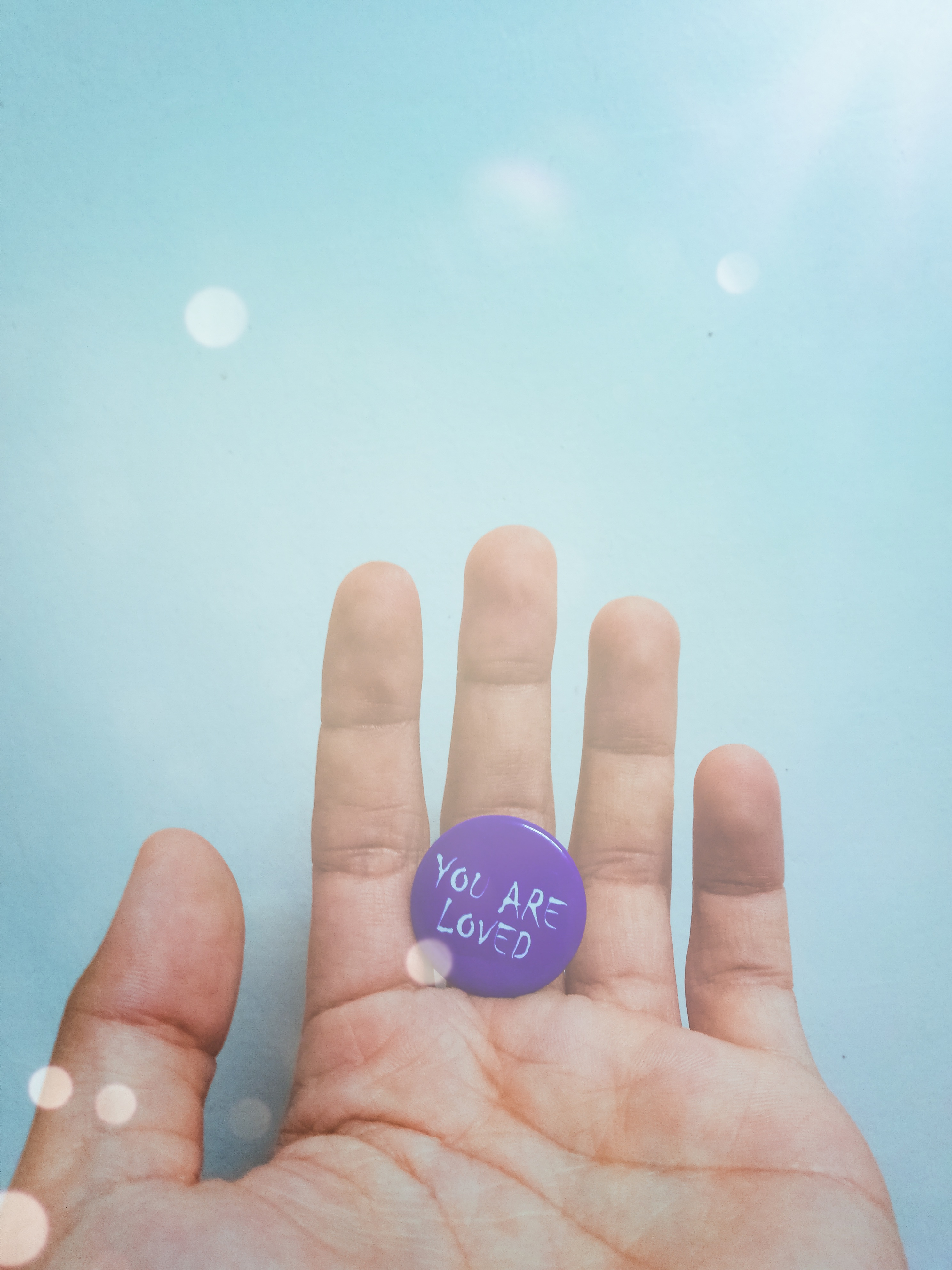
- Where do we begin generating well-being?
- How can we create our own fulfillment?
- How can investing in another person’s success satisfy your need for social connection and growth?
I sat across from a friend at a tiny table in a crowded café in San Francisco. After a few nervous jokes he set aside the small talk and leaned toward me with a bewildered look in his eyes. He was restless as he openly described how he felt life had lost its vitality—how things that once felt exciting now seemed dull. He sensed something was missing. Clearly unsettled by the revelation, he looked at me expectantly. I was unsure how to respond. I didn’t know where to begin. I understood what he meant. After a long pause, he asked about my experiences. I swallowed my pride and answered honestly.
Be willing to open up and ask the big questions
Up to age 29, I would describe myself as a confident person—not overconfident. I was aware of my weaknesses and still I was fiercely-independent and determined to live life on my terms. Listening to my young friend grasp for answers reminded me that we all struggle with something, even if we don’t want to see it or call it by its true name. How long we struggle depends on our willingness to see beyond the narrow limits of the stories we tell ourselves. My early 30’s were a series of hard won ‘realigning’ experiences that prepared me to stand in my truth, admit what I didn’t know for sure, and ask the big life defining questions.
People create order out of confusion in exchange for comfort and certainty
A decade ago, a series of unexpected events left me feeling confused and disconnected from the vibrancy of life. It changed the way I saw myself and the world. I didn’t know it at the time, but it was essential training for what was to come. It took time to recognize the feeling of disconnect as more than a little dip in the road. Something was off track. I needed to change roads, get my life in alignment with my values and learn to trust myself and life again.
Be willing to admit when something is not right
Major life shifts shook my confidence and tested my intuition. I learned the hard way that when something doesn’t feel right, it’s probably not right. My happiness and future depended on setting aside my attraction to sorting through confusion, and turning my focus to learning a new approach to living.
Be willing to let go of things beyond your control
As my awareness of the need for change grew, I accepted there were things within my immediate control, and others that I could not control even if I wanted to. I accepted responsibility for my actions, but had to learn to stop fixing and feeling guilty for the deliberate actions of those I loved. I watched people close to me get tangled up in the messiness of life, doubt, and the demands of performance and achievement. It was my threshold moment, the dark before the dawn—and it lasted years. For things to change, I had to be willing to release what I could not control, and welcome something completely new and unfamiliar. I took a leap of faith, and then another, and another until life felt ‘right’ to me.
A decade is a long time. It’s a quarter of my life. I’ve spent that time actively learning how to do more than survive and check the boxes on a list of milestones. I had to learn how to generate my own well-being, find my truth and own it. Now, it’s time to share a few highlights of what I learned about well-being that can help someone like you.
12 APPROACHES TO WELL-BEING
How we think and feel about our lives, the quality of our relationships, emotions, and overall enjoyment of life are measures of well-being. Research finds that people who report higher levels of well-being, feel positive about life and the future. They’re also more productive at work and are likely to be involved in their communities.
Work is an important source of well-being. It gives access to resources, and for some, brings meaning and purpose. It can also stifle meaning an purpose if we let it.
Assess contributions by value and significance, not visibility

We neatly tuck our lives into rectangle shaped devices that capture our thoughts and memories, then vanish—another brick in the wall of human ingenuity.
Guard your mind from the seduction of hopeless thinking. Be willing to pull back the veil of illusion. Replace powerless conclusions with something more affirmative. Be true to yourself, honor your values and know your worth.

You may notice traditional symbols of productivity and permanence are undergoing a transformation. People invest time, talent and energy into work that is invisible to the naked eye. A job well done may be defined by the seamless integration of your contribution into the brain and belly of an enterprise. Just because you can’t see something in a physical form does not mean it doesn’t exist or have value. The value is there even if you can’t hold it in your hands.
Make time to know yourself as you are today
Knowing the common threads and major themes that define your life, what interests you and makes you distinctive can counter feelings of disconnection from the energy that drives your passion and purpose.
Make sense of your personal history
Unresolved matters take a toll on your mind. It’s worth the effort to make peace with the things that happened in your past. Doing so allows you to make clear, conscious decisions in the present and feel hopeful about the future.
Accept your emotions
How you identify, process, and manage your emotions impacts your health and well-being. Feeling emotions doesn’t mean you have to act on them, but it can help you pinpoint what might be missing or causing pain. Instead of trying to fix unwanted emotions, focus on internal sources of motivation like gaining knowledge or breaking free of unhealthy patterns that hold you back.
Align your values and commitments to break free of feeling overscheduled
This one might seem obvious but it’s often overlooked. Aligning your values and commitments offers significant benefits like the comfort of adequate time management and peace of mind. Challenge internal judgements that reinforce hopelessness or loss of control. Consider that feeling over committed and overwhelmed is not a symptom of weakness, inadequacy or some other form of personal deficit. Being aware and having a desire to responsibly follow-through on your promises is mature. It’s also a chance to find support or new tools when things become unmanageable.
Focus on applying facts and logic to your ideas and opinions
Actively work on developing your analytical thinking skills to strengthen your ability to quickly look at problems from multiple sides and consider the potential upside or consequences. Try to see events and experiences as neither good nor bad to allow yourself the ability to interpret where they fit into a larger pattern of your life.
Adopt an action-oriented mindset to boost motivation
Feeling confident and capable of taking direct action and expecting it to result in real change has an impact on motivation—you will feel more motivated to act if you feel your actions will effect an outcome. An action-oriented mindset lets you apply newly acquired knowledge to unfamiliar situations. In the near future, this type of skill will likely surpass the value of what you know and the skills you currently possess.
Attend to the things you want to cultivate more of in your future

Creating well-being begins with a vision of what you want for the future, the courage to pursue it, and the determination to find a way to make your vision a reality. Start by identifying what you want, how to achieve it, when to take action, and where to draw the line between constant striving and chronic struggling.
Appreciate your age
Research on aging and well-being indicates younger and older adults tend to have more well-being compared to middle-aged adults. Plotted on a graph, people’s age and well-being create a U-shape distribution. If you find yourself feeling particularly dissatisfied, take comfort in knowing life is a continuum of stages. Cut yourself some slack. Our experiences of aging are often more common than we realize.
Become a giver and get invested in other’s success
Taking the time to listen closely and provide encouragement is an act of social connection and care that can lift spirits and generate positive sentiment.
Giving is one way to avoid unhealthy complacency and the spin-cycle of the status quo. Listening to other people’s aspirations and frustrations and encouraging them to do something, to take action, is a way of providing validation and showing your confidence in their ability to create change. It’s priceless.
Find a mentor, or become one
With greater mobility in the workplace, and longer life spans, you may find yourself seeking a deeper sense of purpose and meaning. My curiosity and willingness to be a mentor led me to a group of young professionals seeking to align their careers with initiatives to fundamentally change the world. The mentor and mentee relationship is a natural place to talk about personal values and strengths and the patterns and habits that work for or against us. It can be a source of inspiration and positivity. The relationship serves as a way to make a meaningful contribution to another person’s life while (re)discovering strengths and potentially new experiences and areas of interest.
Actively invest in supportive relationships—one of the strongest predictors of well-being
The people you surround yourself with impact the way you think, act and feel. Taking an interest in another person’s life fulfills the need for social connection and companionship. Friendships offer a chance to experience caring, and to dedicate attention to someone important to you. Engaging in fun and creative social activities can give you something to look forward to beyond daily pressures and responsibilities.
Your life is your own
If you feel like something is missing, go find it. You have choices. You can choose an approach to well-being that sets the conditions for you to feel good about your contributions, the quality of your relationships, emotions, community, and overall enjoyment of life. A healthily pursuit of self-discovery will naturally generate meaning, a sense of fulfillment and well-being. Your life is your own.
“Life does note have to be perfect to be wonderful.” – unknown
References
Argyle, M. Causes and correlates of happiness. In: D Kahneman, E Diener, N Schwarz (Eds.) Well-being: the foundations of hedonic psychology. New York: Russell Sage Foundation; 1999:307–322:353–373.
Diener E, Seligman ME. Beyond money. Toward an economy of well-being. Psychological Science in the Public Interest 2004;5(1):1–31.
Diener E. Assessing well-being: the collected works of Ed Diener. New York: Springer; 2009.
Lyubomirsky S, King L, Diener E. The benefits of frequent positive affect: does happiness lead to success? Psychol Bull 2005;131(6):803–855.
Myers DG. Close relationships and quality of life. In: D Kahneman, E Diener, N Schwarz. (eds.) Well-Being: The foundations of hedonic psychology. New York: Russell Sage. Foundation Publications; 2003:374–391.
.

